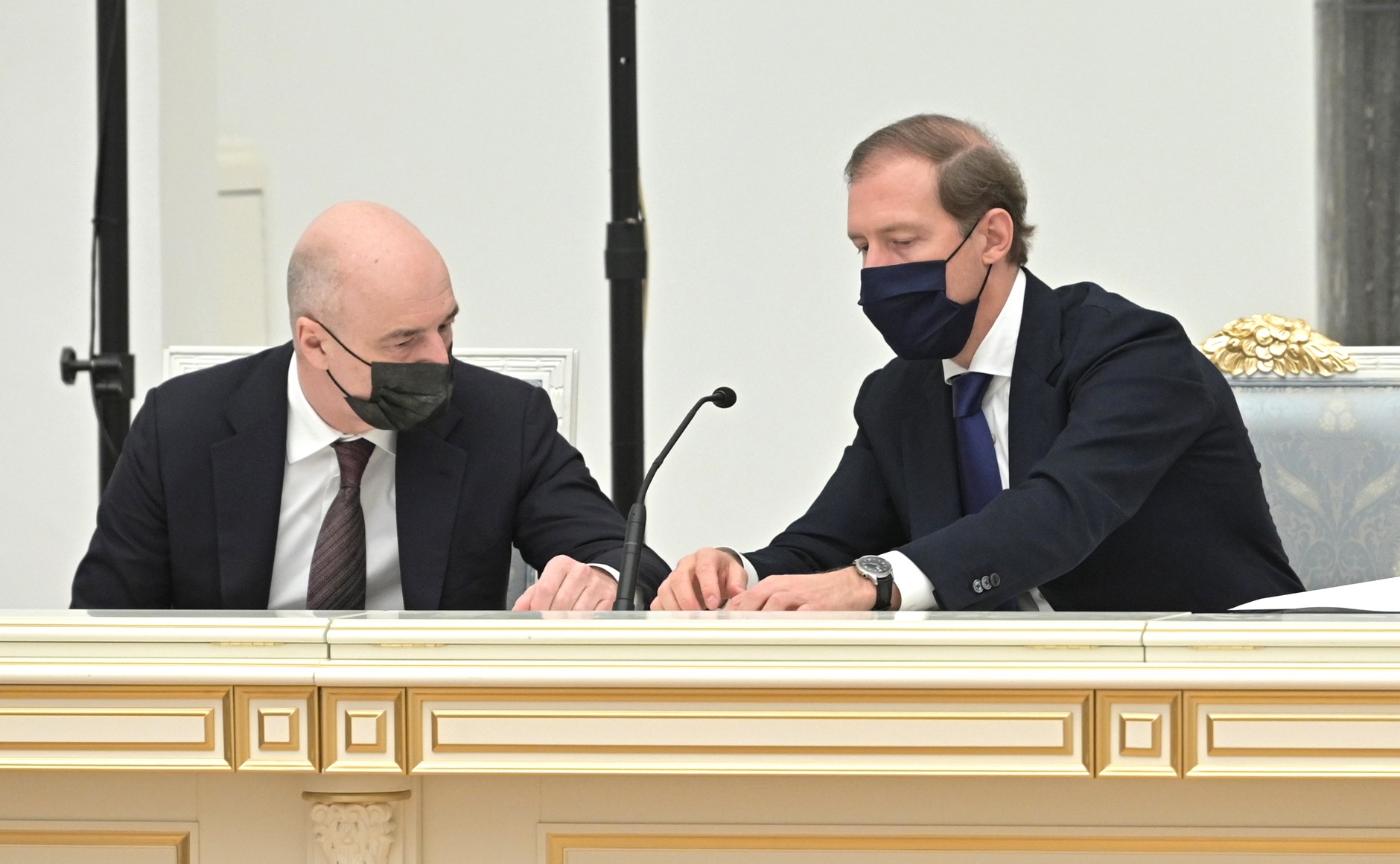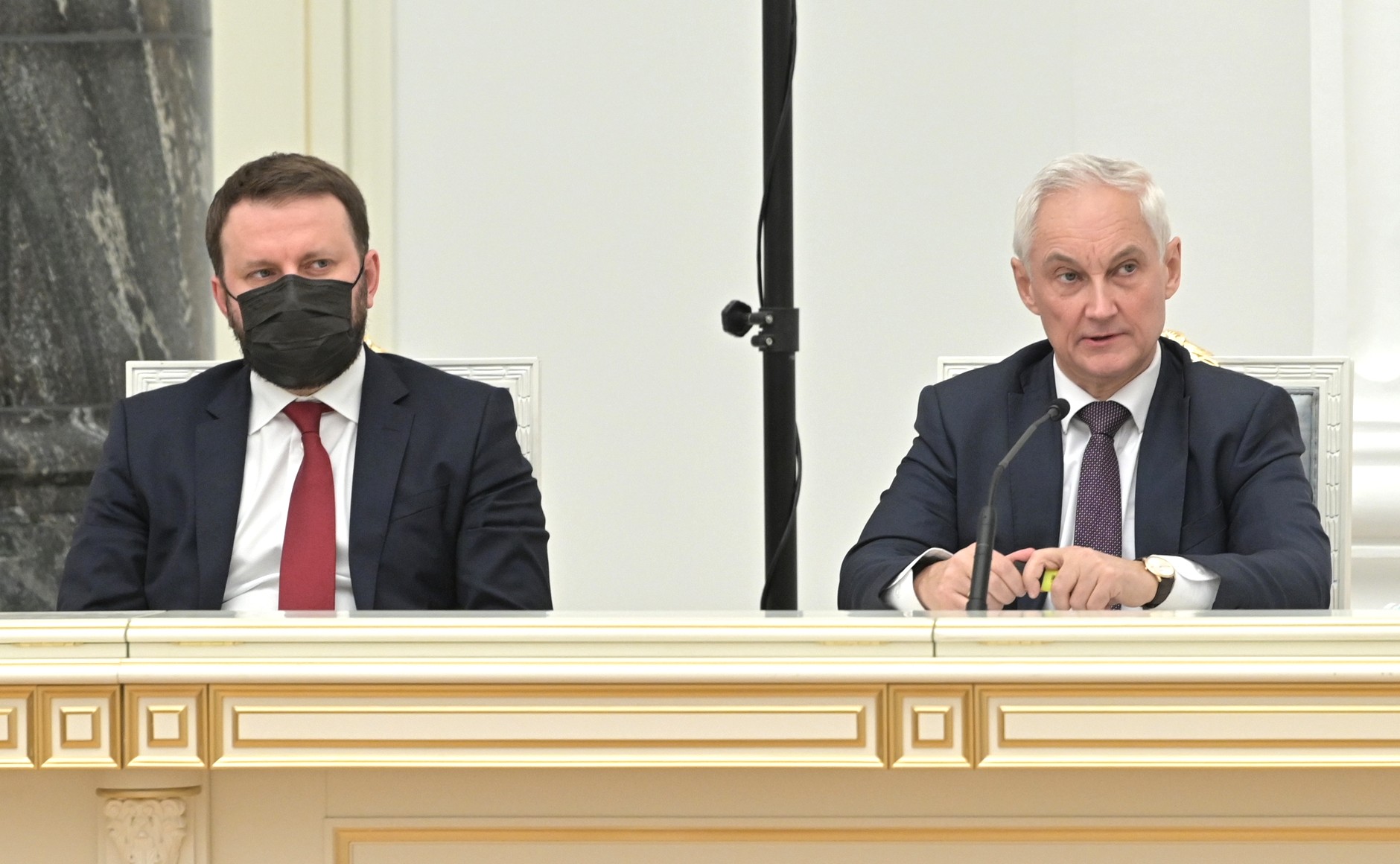Meeting%20with%20representatives%20of%A0Russian%20business%20circles%20%u2022%20President%20of%A0Russia
Meeting%20with%20representatives%20of%A0Russian%20business%20circles%20%u2022%20President%20of%A0Russia:
Meeting with representatives of Russian business circles
Vladimir Putin had a meeting with representatives of Russian business community.
President of Russia Vladimir Putin: Colleagues, friends,
Good afternoon.
Unfortunately, our meeting is taking place in unusual conditions, to put it mildly, but we planned it in advance.
Of course, I would like to listen to Mr Shokhin who will tell us about his general considerations.
President of the Russian Union of Industrialists and Entrepreneurs (RSPP) Alexander Shokhin: Mr President, colleagues,

